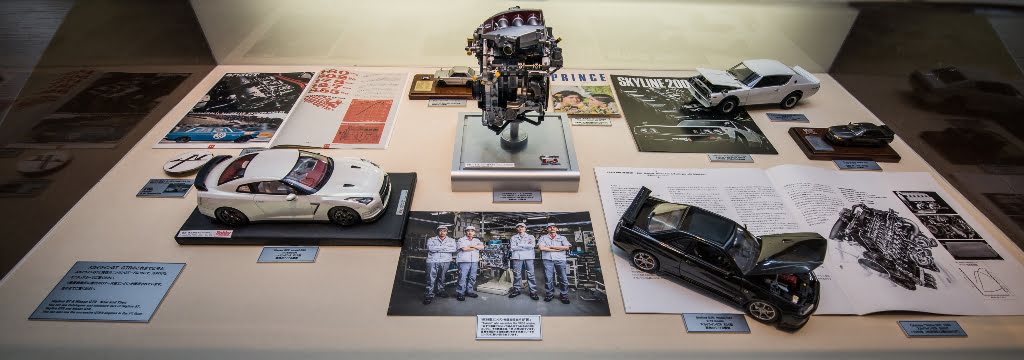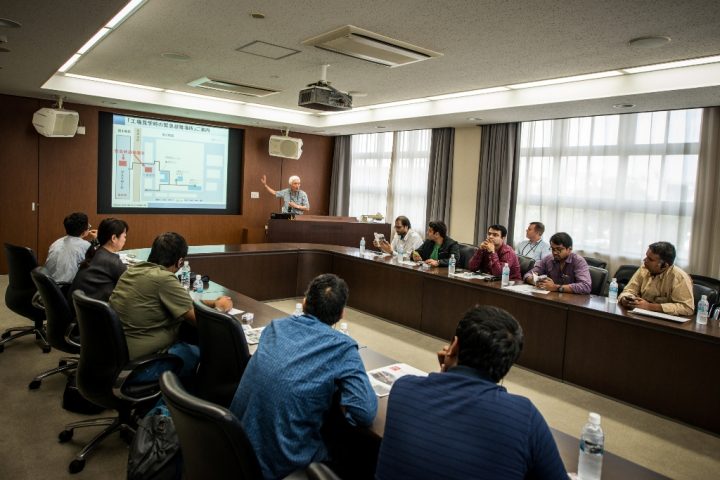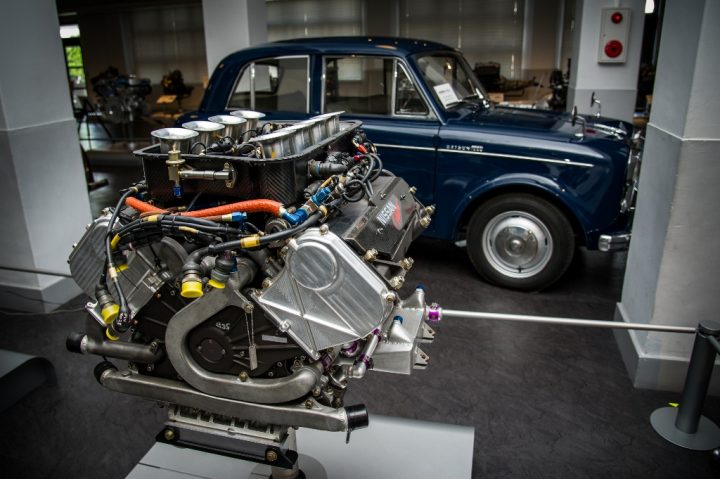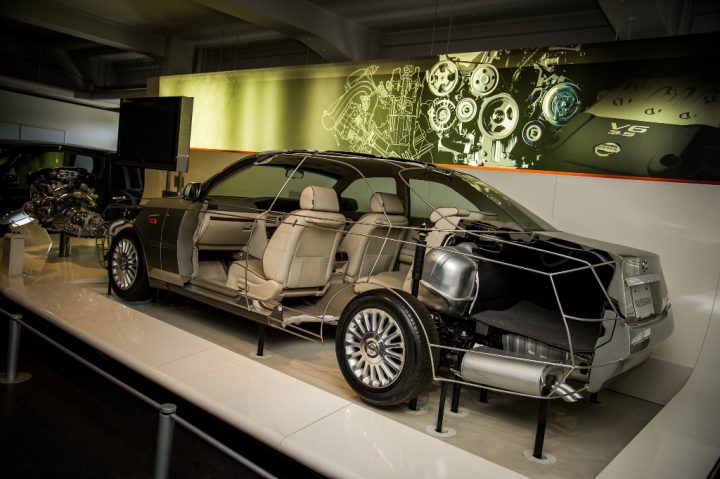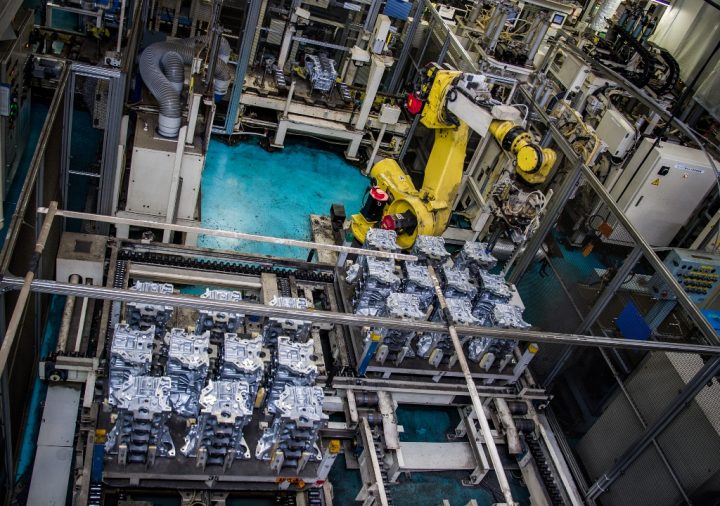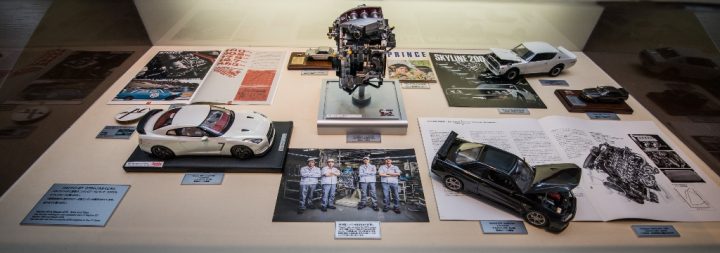The birth of an automobile is quite possibly one of the most complicated processes in existence right now. After the designers have done their job, after the engineers have had their way the car heads towards mass production where it will, quite literally, be manufactured by the truckloads and shipped to retailers around the globe. A company the size of Nissan has manufacturing units all across the globe – 8 countries to be precise- and setting the facilities required for the manufacture of a particular model at multiple locations is no child’s play. The task of transferring the skills and craftsmanship requires, or as the Japanese say- monozukuri- to all such locations is handled by the Nissan Global Production Engineering Centre or GPEC. Like a teacher imparting knowledge to his/her students, the GPEC trains and equips Nissan’s personnel and plants across the globe with the know-how required to manufacture its vast range of products. We took a walk around the Nissan’s Global Production and Engineering Centre in order to understand exactly what goes into the planning and quality assessment required to produce a world class product.
Nissan’s Global Production Engineering Center (GPEC),located at Nissan’s Zama Operations Center near Yokohama, is the company’s nerve center for the transfer of the monozukuri manufacturing ethos – the Japanese term which epitomizes the spirit of excellence when making things and the desire for continuous improvement – to Nissan’s plants outside Japan.
GPEC develops assembly processes for the production of a new model assessing the quality of production for the press shop, body and trim and chassis assembly in order to determine the optimal production conditions. Through this, the GPEC develops the so-called “master machines” and best practices which can then be replicated at Nissan’s overseas plants.
Instead of carrying out extensive trial runs at individual production facilities, the GPEC enables Nissan to standardize the process and optimize the production facility at one location which can then be effectively transferred to their plants across the globe. This enables Nissan’s new overseas plants to launch operations smoothly, and in established plants, launch multiple new models in a short period of time while maintaining the desired levels of quality.
Nissan’s GPEC prides itself in the diversity of the personnel involved in the production processes. Aside from a strong workforce of 200 odd employees, the company also brings in personnel from its plants across the world for the purpose of training and transferring the technical know-how. These employess, in turn, will pass on the skills acquired to the team of personnel working at facilities located in their native land in order to replicate the production processes devised by the GPEC.
The center is the cornerstone of Nissan’s success in transferring the best elements of the monozukuri manufacturing culture of Japan around the Nissan Motor Company group to produce the highest quality vehicles in the most efficient way possible. The goal: “no matter where a customer purchases a vehicle from Nissan Motor, they can be assured they are getting the best quality regardless of place of manufacture.” Since it inception in 2007, the GPEC has trained over 1000 manufacturing and engineering experts from Nissan, Datsun and Infiniti about their ways of production which helps the company in achieving world class levels of quality in every vehicle produced.
If you have any queries regarding the Nissan Global Production Engineering Centre (GPEC) do let us know via the comments section below and stay tuned to Car Blog India for more news and features.

